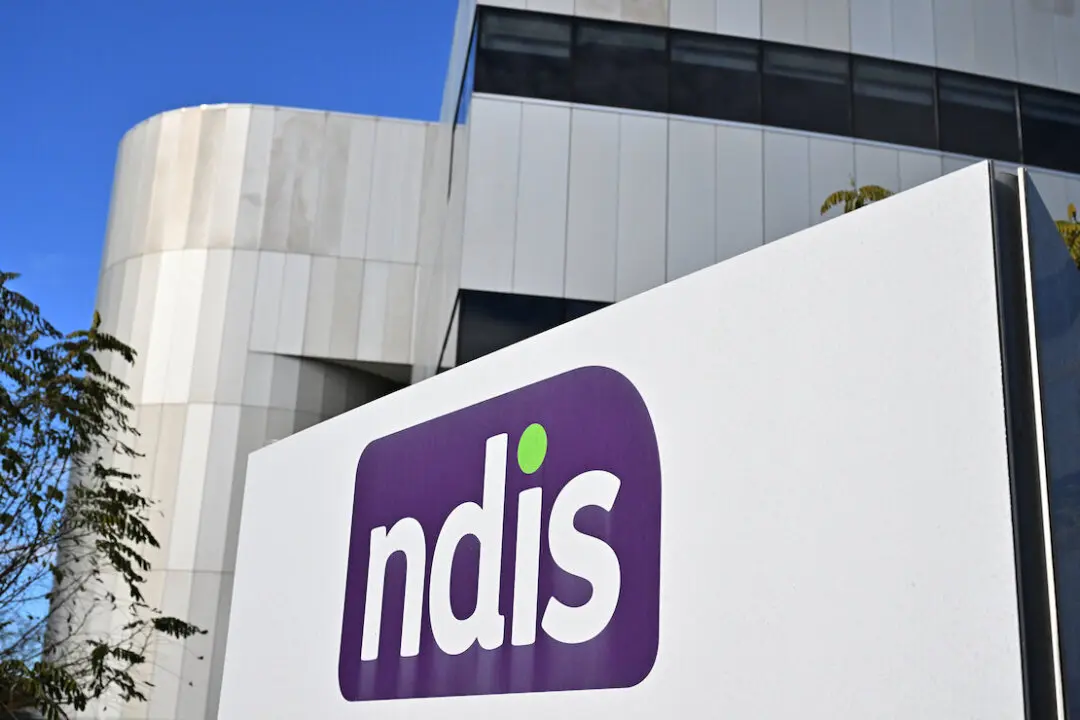Australia’s Minister for Finance Katy Gallagher said that a recent deal with the Coalition to reform the National Disability Insurance Scheme (NDIS) so that its annual growth is capped at 8 percent is close to being finalised.
The proposed changes would also reduce the amount of new participants eligible for the scheme and change the funding criteria.




